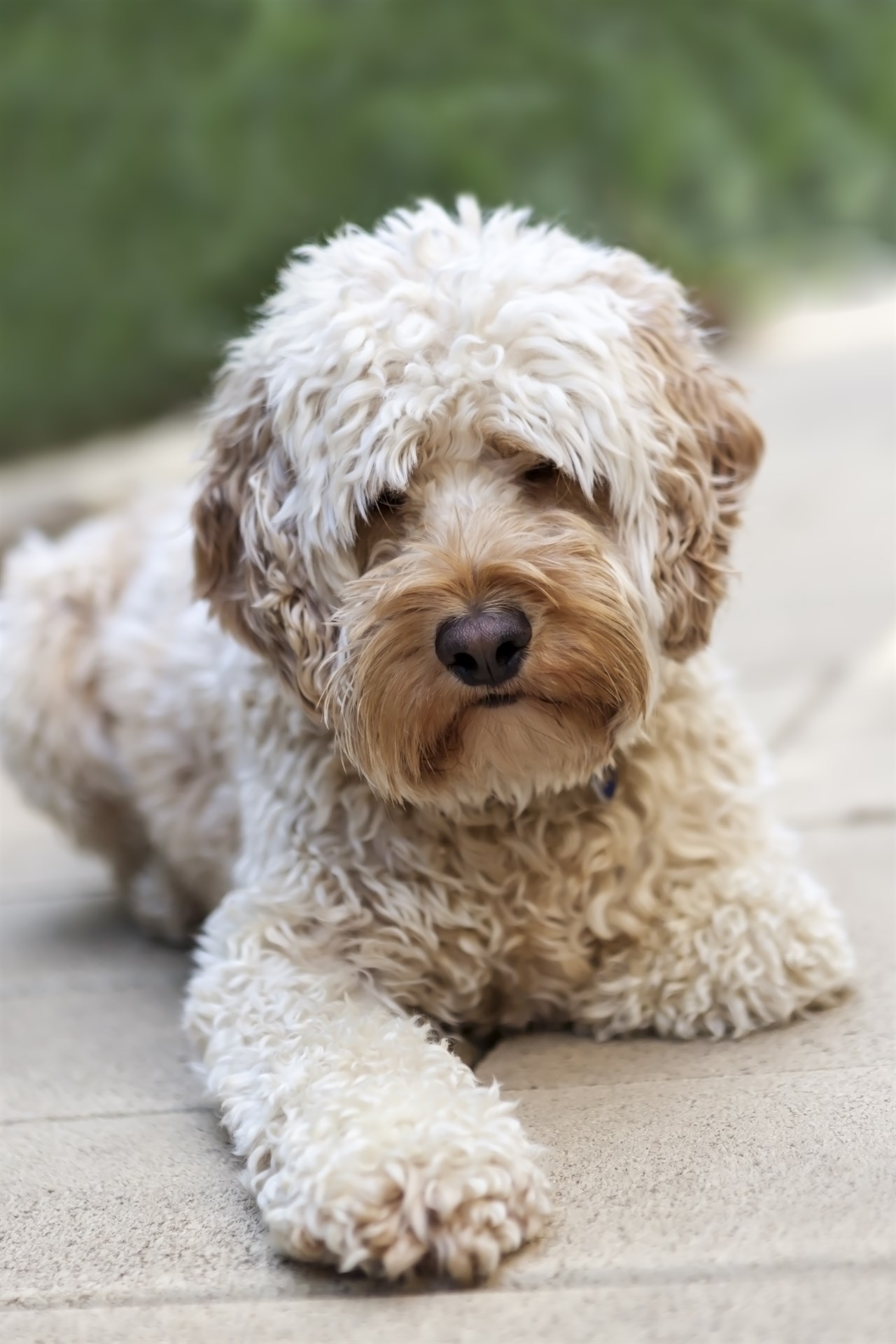Sleeping Requirements and Habits of Spoodles: Ensuring Restful Nights

Understanding the sleeping requirements and habits of your Spoodle is crucial for ensuring their well-being and maintaining a harmonious household. Here's a closer look at the sleep patterns and needs of Spoodles.
Sleep Duration
Spoodles, like most dogs, require a significant amount of sleep to stay healthy and active. On average, they need around 12 to 14 hours of sleep per day. Puppies and older dogs may require even more sleep.
Age-Dependant Needs
The age of your Spoodle can significantly influence their sleep patterns. Puppies, for example, tend to sleep more than adult dogs, often napping throughout the day. Older Spoodles may also spend more time resting.
Nighttime Sleep
Spoodles typically sleep during the night and follow a similar sleep-wake cycle to humans. They are diurnal animals, meaning they are most active during the day and sleep at night. Providing a comfortable and quiet sleeping environment can help them get a restful night's sleep.
Crate Training
Many Spoodle owners use crate training to provide a secure and cosy sleeping space for their dogs. Crate training can help with housebreaking and create a safe haven where your Spoodle can relax and sleep soundly.
Comfortable Bedding
Providing a comfortable and appropriately sized bed or crate mat is essential for your Spoodle's sleep quality. Ensure that their bedding is clean and in good condition to promote a restful sleep environment.
Napping
Spoodles may take short naps throughout the day, especially puppies or older dogs. These naps help them recharge and can be an integral part of their daily routine.
Routine Matters
Like many dogs, Spoodles benefit from a consistent daily routine. Having set feeding times, play sessions, and walks can help regulate their sleep patterns and ensure they get the rest they need.
Sleep Environment
Make sure your Spoodle's sleep environment is comfortable and quiet. Avoid disturbances that can disrupt their sleep, such as loud noises or bright lights.
Comfort and Security
Some Spoodles may have specific preferences when it comes to sleeping positions. Whether they curl up in a ball, sprawl out, or seek out a favourite blanket or toy, it's important to accommodate their comfort and security needs.
Health Considerations
Changes in sleep patterns or excessive daytime sleepiness can be signs of underlying health issues. If you notice significant changes in your Spoodle's sleeping habits, consult with your veterinarian to rule out any health concerns.
In summary, Spoodles, like all dogs, have sleep requirements and habits that should be considered to ensure their overall well-being. Providing a comfortable and secure sleeping environment, maintaining a consistent routine, and paying attention to their individual preferences can help your Spoodle enjoy restful nights and wake up refreshed and ready for a new day.